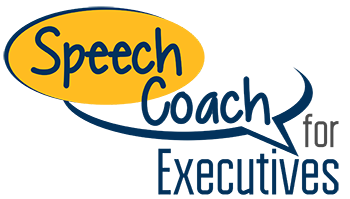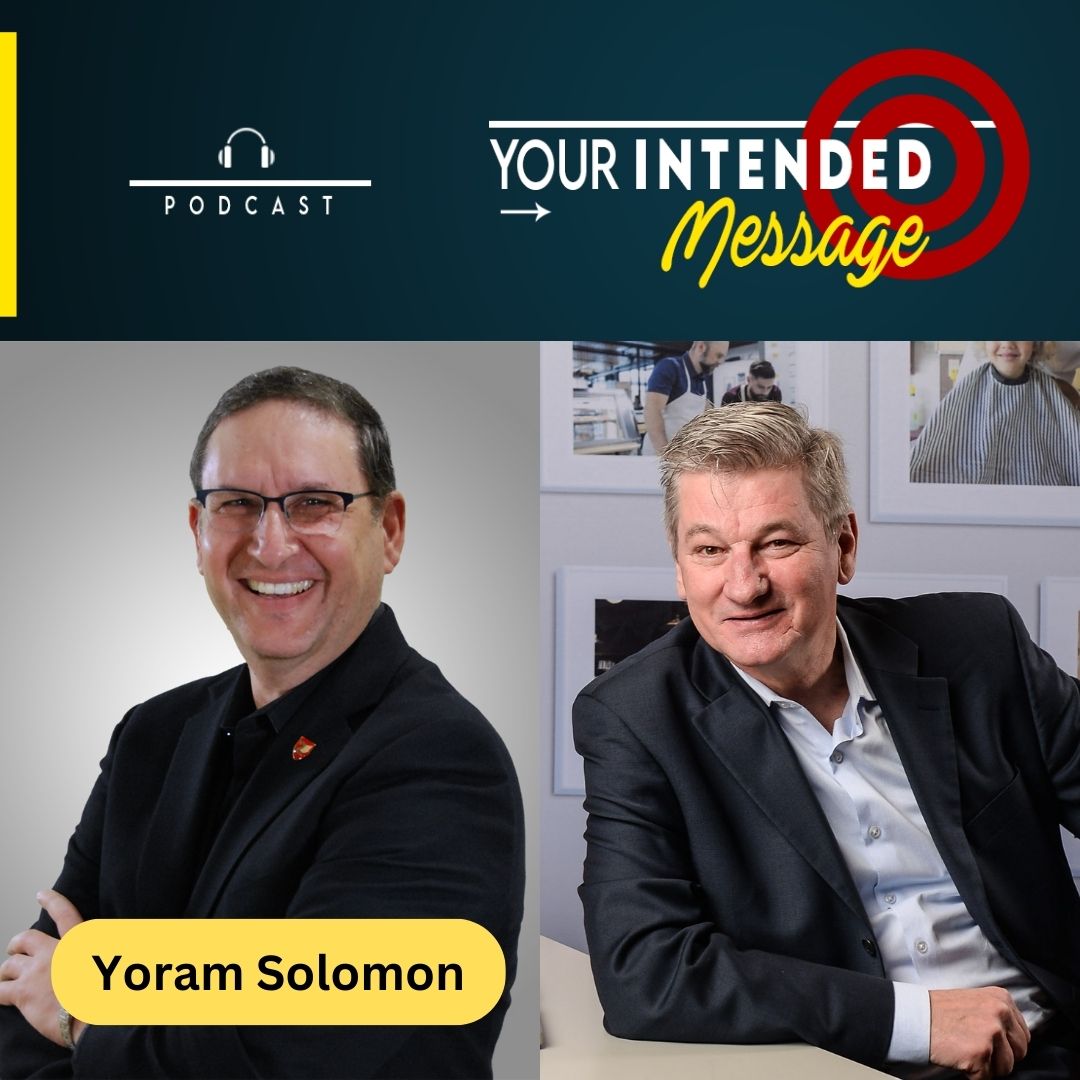Why should I trust you and what is that worth? Yoram Soloman
How can I trust you?
In this podcast episode, host George Torok interviews trust expert and author Yoram Solomon. They discuss the importance of trust in communication, relationships, innovation, and sales.
Solomon emphasizes that trust is the foundation for effective communication and creativity, introducing the concept of "constructive disagreement." He also shares a study revealing that a trustworthy salesperson can sell a product for a significantly higher price.
Solomon explains the six components of trustworthiness and how they are all evaluated in a trusting relationship. The conversation also covers the role of trust in the workplace, especially during times of crisis or change, and the potential for miscommunication.
The importance of trust in communication (00:00:00)
Discusses how a low trust environment can hinder productive disagreement and the need for trust as a foundation in communication.
Building trust as a leader (00:06:35)
Explores how leaders can build trust by starting with their own trustworthiness and the reciprocal nature of trust.
The reaction to misplaced trust (00:09:58)
Examines the typical reaction when trust is misplaced and the importance of trustworthiness in various relationships, including sales interactions.
The importance of trust in decision-making (00:11:55)
Describes two scenarios - one trustworthy and one untrustworthy - and asks which one people would choose. Explores the impact of trust on decision-making even when faced with a higher price.
The six components of trustworthiness (00:13:52)
Discusses the six components of trustworthiness: competence, shared values, fairness, positivity, time, and intimacy.
Building trust during times of change (00:19:15)
Shares a trick for building trust during times of organizational transformation by identifying a shared enemy, whether it be a person, budget, schedule, or competitor.
The importance of transparency and trust (00:23:41)
The speaker shares personal experiences of feeling hurt by lack of transparency and discusses the importance of knowing the truth in building trust.
Building trust through transparency and consistency (00:24:43)
The speaker emphasizes the importance of being transparent and consistent in communication, rather than playing dumb or disclosing confidential information.
Characteristics and red flags in assessing trustworthiness (00:25:40)
The speaker discusses characteristics to look for in assessing trustworthiness, such as competence and shared values, as well as red flags that may indicate a lack of trustworthiness.
The importance of effective communication (00:34:52)
The speaker discusses the challenges of communication, including how the message can get distorted from the sender's brain to the receiver's brain.
Taking ownership of miscommunication (00:35:56)
The speaker emphasizes the need for both parties to take responsibility for miscommunication and suggests a more collaborative approach to resolving misunderstandings.
Building trust through effective communication (00:36:54)
The speaker highlights the importance of trust in communication and suggests strategies for building trust by seeking clarification and understanding from the other person.
The Power of Trust: A Conversation with Yoram Solomon
In this episode of the podcast "Your Intended Message," I had the pleasure of hosting Yoram Solomon, a renowned expert on trust and author of 14 books, including "The Book of Trust." Yoram, who also served in the Israeli Defense Forces, shares his birthday with famous individuals like Elvis Presley and Stephen Hawking. Our conversation revolved around the importance of trust in communication, relationships, innovation, and creativity.
The Foundation of Trust
Trust, as I've come to understand, is the first step in establishing an agreement or service. However, many people struggle with building trust. Yoram shed light on this issue, explaining that people often focus on tactics and specific tasks, neglecting the foundation of trust. He shared his personal journey in innovation and how he realized that trust is essential for a culture of innovation to thrive. Trust, according to Yoram, is the foundation for effective communication and creativity.
Trust and Constructive Disagreement
During our conversation, I brought up a colleague's struggle to inspire creative thinking in meetings. Yoram agreed that a lack of trust might be the issue. He introduced the concept of "constructive disagreement," where individuals can passionately argue while maintaining a positive relationship. His study found that in a low trust environment, people tend to view disagreement as unproductive and try to avoid it.
Trust in Sales and Pricing
Yoram also discussed the importance of trust in sales and how it can impact pricing. He shared a scenario where he presented two types of salespeople to an audience: one trustworthy and one focused solely on making money. Despite both salespeople providing identical quotes, the audience overwhelmingly chose the trustworthy one. Yoram revealed that a trustworthy salesperson could sell the same product or service for a 296% higher price and still close the deal.
The Six Components of Trustworthiness
Yoram went on to explain the six components of trustworthiness: competence, shared values, fairness, positivity, time, and intimacy. He emphasized the importance of working on all six components to be seen as trustworthy. When I asked if all six components need to be present for a trusting relationship, Yoram confirmed that they are all evaluated, even if subconsciously.
Trust in the Workplace
Our conversation then shifted to the workplace and how trust becomes even more crucial during times of crisis or change. Yoram suggested that identifying a shared enemy, such as a challenging situation or competitor, can help build trust among team members. However, he clarified that treating employees poorly to become the shared enemy is not a good strategy.
Transparency and Trust
Yoram shared personal experiences related to trust and transparency. He discussed the negative impact of a lack of transparency and how leaders who lie or withhold information can lose trust. He also mentioned the importance of trust in the hiring process and how body language and nonverbal communication can indicate trustworthiness. Yoram emphasized the need for consistency between verbal and nonverbal communication and shared a personal story about miscommunication due to assumptions made over text messages.
Building and Maintaining Trust
When I asked Yoram for advice on building and maintaining trust in the workplace, he provided three tips: less BS and more empathy, saying what you mean and meaning what you say, and owning your side of communication. He also mentioned a website with resources for building trust.
The Challenges of Communication
Yoram discussed the challenges of communication and the potential for miscommunication. He explained that communication is about sending a message from one person's brain to another's, with the hope that the intended message is accurately received. However, in reality, the message can be distorted or misunderstood. He emphasized that miscommunication is not solely the fault of one person. Instead, both the speaker and the listener share responsibility. He suggested that taking ownership of one's side of the miscommunication can lead to more effective communication.

